Keywords: Global Conflict
There are more than 24 results, only the first 24 are displayed here.
Become a subscriber for more search results.
-
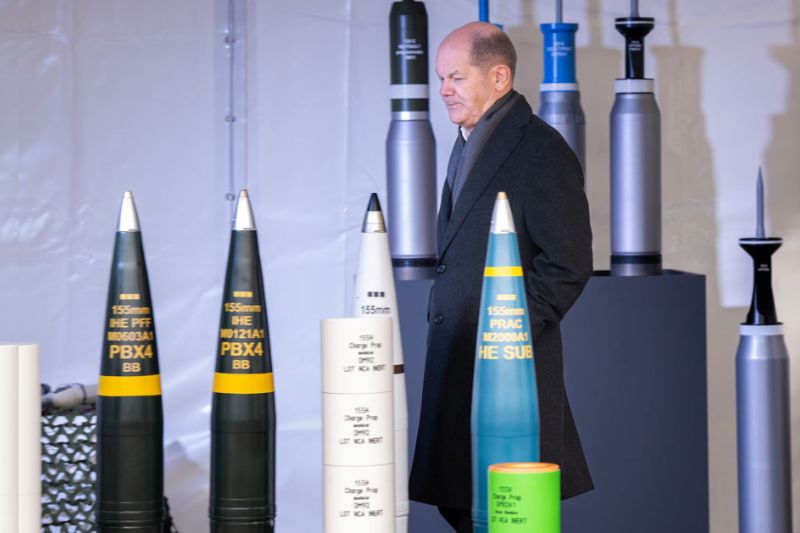
INTERNATIONAL
- Binoy Kampmark
- 27 March 2025
Europe’s escalating defence spending, driven by the Russian threat, marks a shift toward militarisation. The EU’s new budget plan, designed to free up billions for weapons and security, raises critical questions about how far Europe will go in fortifying itself and the long-term impact on its stability.
READ MORE
-
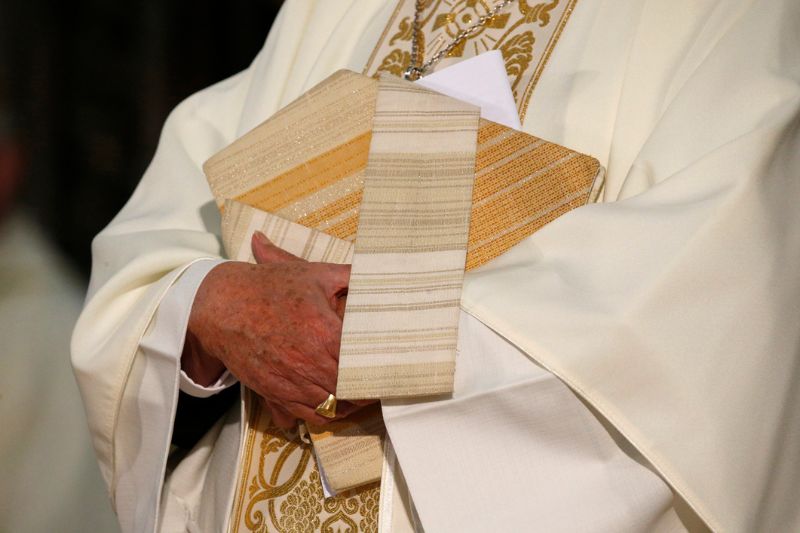
RELIGION
- John Warhurst
- 25 March 2025
As Australia approaches another federal election, the Catholic Church, long ambivalent about democratic politics, prepares to weigh in. Its official statement could play it safe, as in years past — or it could offer a deeper moral vision, confronting the global drift toward division with the quiet radicalism of synodality.
READ MORE
-

ARTS AND CULTURE
- Nikki Richardson
- 06 March 2025
In Netflix series Apple Cider Vinegar, Belle Gibson’s wellness scam has been repackaged for the streaming era, perfectly illustrating how news, entertainment, and advertising function as overlapping parts of the same machinery to keep us consuming content.
READ MORE
-
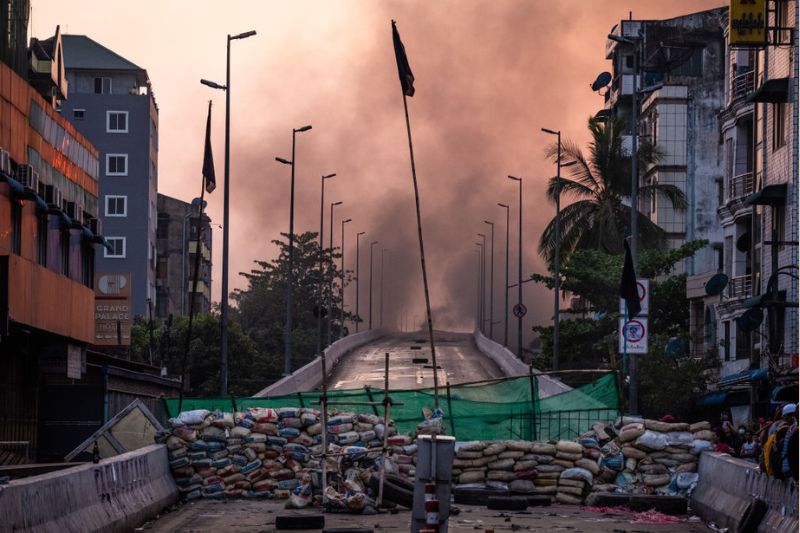
INTERNATIONAL
- Anonymous
- 20 February 2025
Myanmar’s military-led turmoil drives millions from their homes, bombs local communities, and keeps democracy icon Aung San Suu Kyi behind bars. Once a nation of proud heritage and abundant resources, it now teeters on social and economic collapse. Our deep dive examines an enduring crisis and the determination powering an urgent call for change.
READ MORE
-
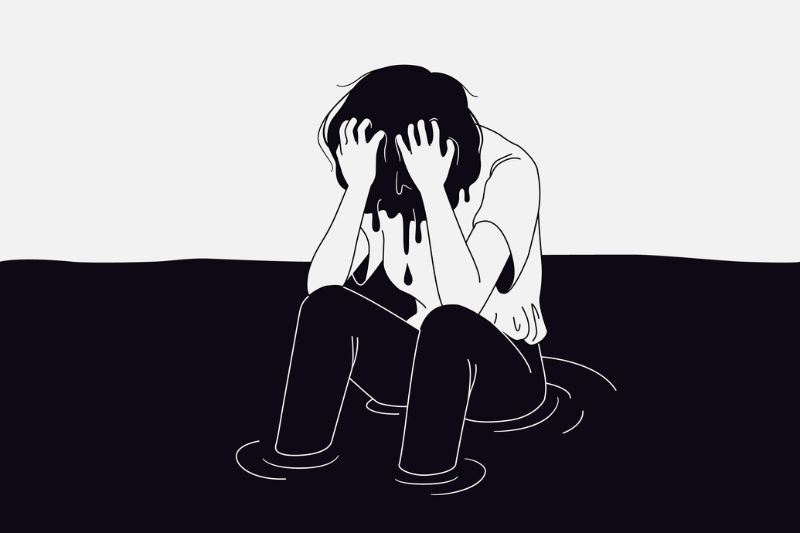
ENVIRONMENT
- Jo Skinner
- 19 February 2025
As climate disasters escalate, more young people grapple with anxiety, despair, and a deep sense of uncertainty. Finding resilience amid rising global temperatures has become a defining challenge for a generation confronting an increasingly unstable world.
READ MORE
-
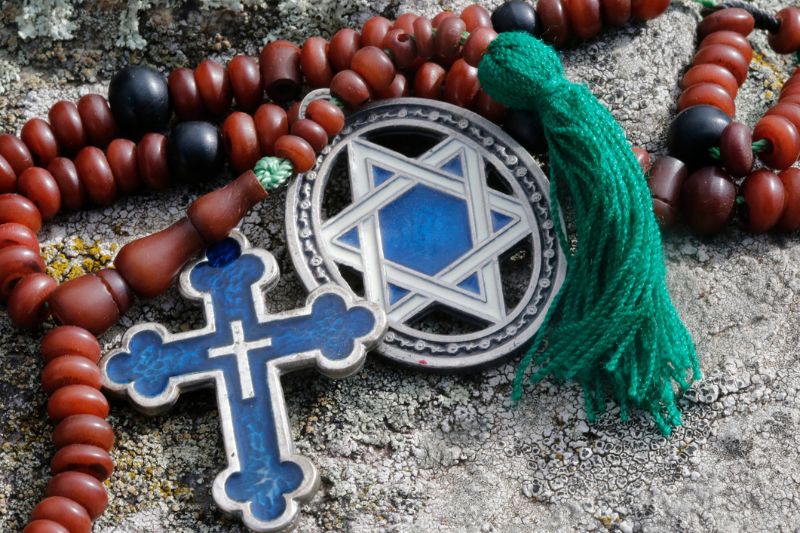
RELIGION
- Emma Carolan
- 19 February 2025
Amidst a rise in antisemitism globally, some in the Jewish community have raised concerns about echoes of historic anti-Judaism resurfacing within the Church. While Catholic leaders condemn overt hate, has the Church fully confronted its entrenched biases, or do old prejudices still affect its response in ways that go unnoticed?
READ MORE
-
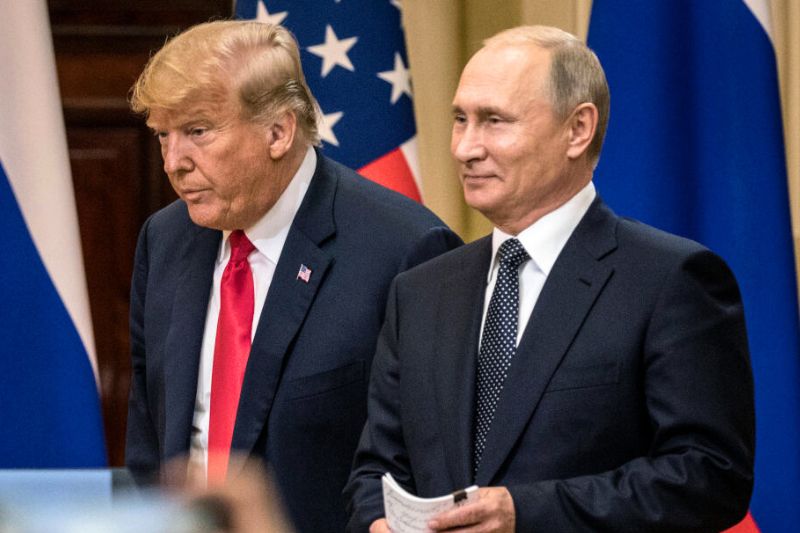
INTERNATIONAL
- Sergey Maidukov Sr.
- 04 February 2025
As global powers weigh the prospect of negotiating with Vladimir Putin, indicted for war crimes, the moral dilemma looms: can peace justify sitting down with a war criminal? This question, compounded by the ongoing suffering in Ukraine, forces leaders to balance expediency against the principles of justice, accountability, and human rights.
READ MORE
-

AUSTRALIA
- Andrew Hamilton
- 23 January 2025
Australia's national day remains a divisive symbol, rooted in colonial history. As the country grapples with issues of war, inequality, and climate change, the call for a more inclusive, meaningful celebration grows. How can a national day honour both the complexity of our history and the dignity of all Australians?
READ MORE
-
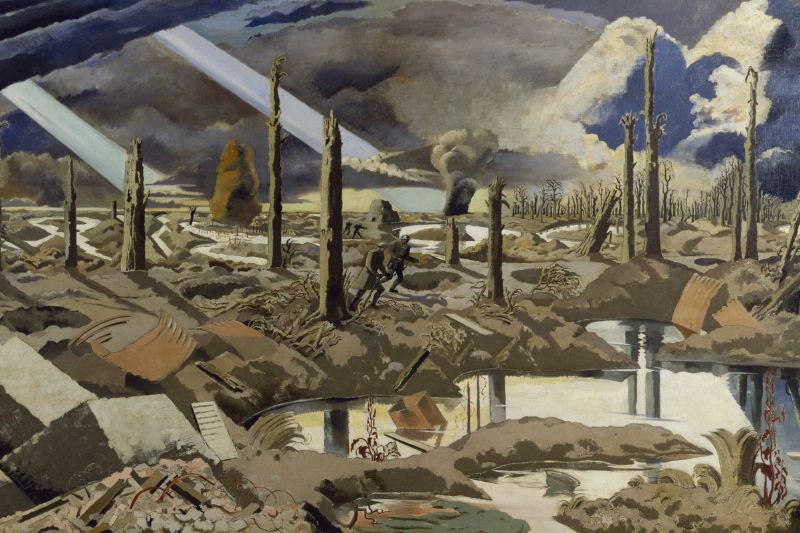
ARTS AND CULTURE
- Warwick McFadyen
- 16 January 2025
As the world turns into 2025, echoes of 1925 linger: T.S. Eliot's The Hollow Men introduced us to a 'whimper' of despair, while Hitler's Mein Kampf foreshadowed catastrophe. What do these works from a century ago say about the fragility of human progress?
READ MORE
-
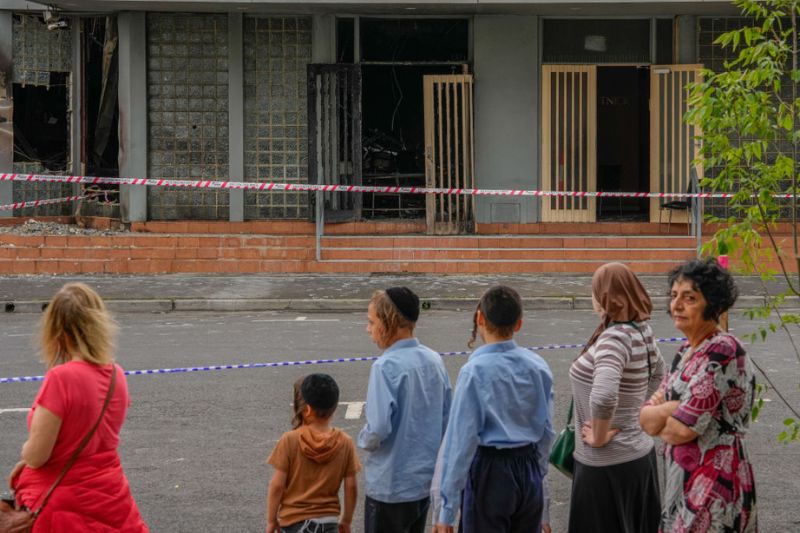
AUSTRALIA
- Andrew Hamilton
- 12 December 2024
The firebombing of Melbourne's Adass Israel Synagogue is a profound tragedy, reflecting the weight of historical hatred and contemporary tensions. Amid global grief and anger, this act of antisemitism compels us to reflect on the shared humanity of all people and the urgent need for peace, understanding, and ethical leadership.
READ MORE
-
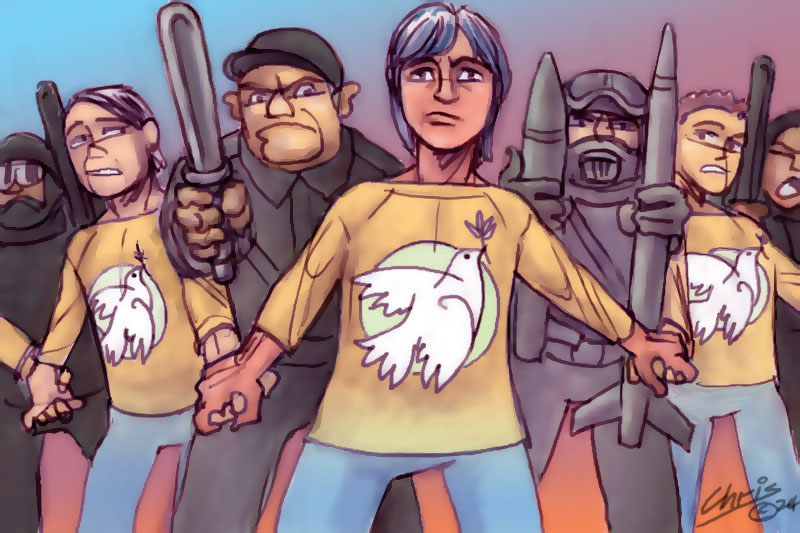
INTERNATIONAL
- Justin Glyn
- 10 December 2024
Peace is hard to define, harder to achieve, and almost impossible to sustain. In a world obsessed with profit, simplistic narratives, and selective outrage, peace feels like a lofty ideal rather than a realistic goal. But what would it take to make peace more than a buzzword—and a true global reality?
READ MORE
-
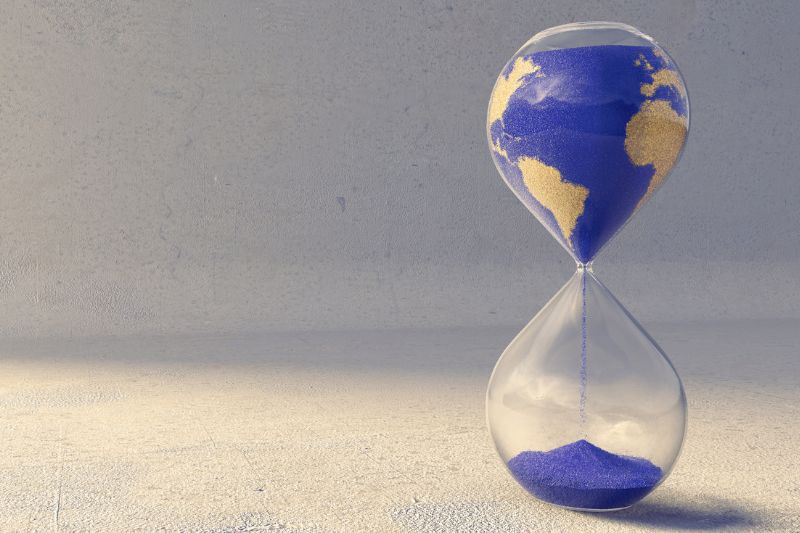
INTERNATIONAL
- Mark Beeson
- 04 November 2024
The Doomsday Clock remains at 90 seconds to midnight, the closest it’s ever been to calamity. In addition to the atomic scientists’ original concern about nuclear war, now climate change and the possible dangers of AI are parts of a potentially combustible mix. In short, there is much to fret about for anyone paying attention.
READ MORE